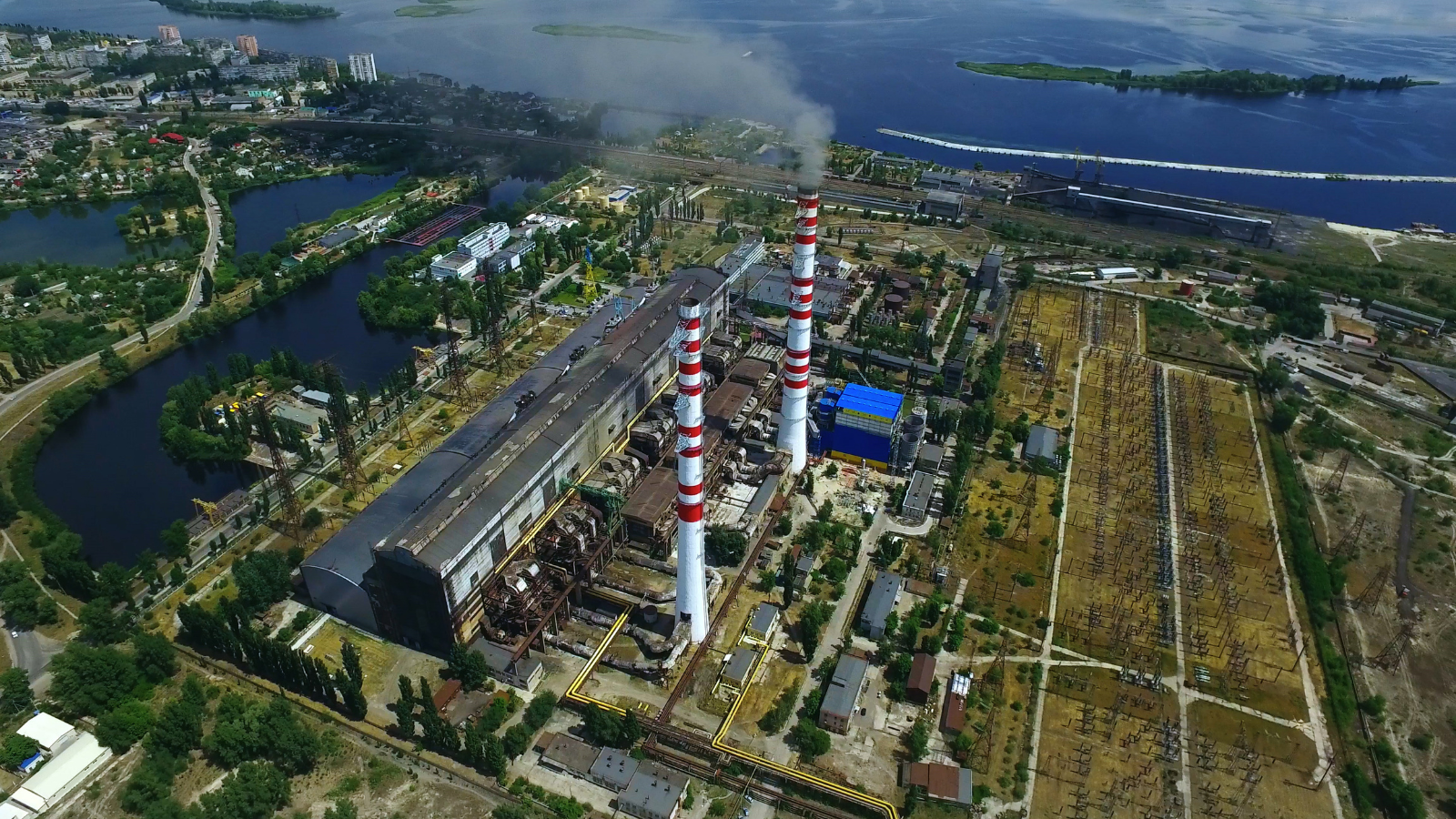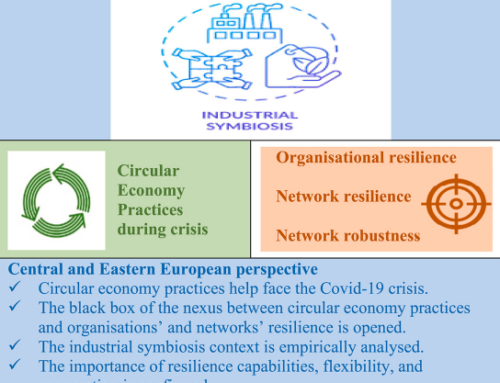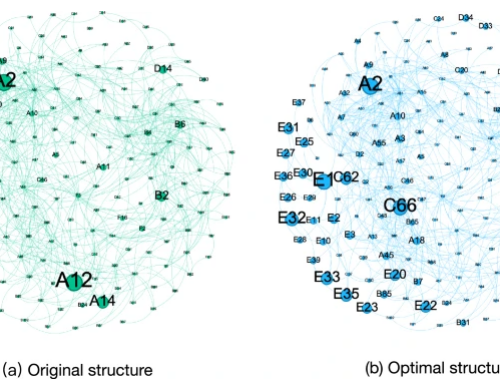According to the “Review on sensible thermal energy storage for industrial solar applications and sustainability aspects”, global energy consumption is increasing rapidly due to industrialization and growth in society. However, current energy systems based on fossil fuels are unsustainable and contribute to carbon emissions and global warming. The Paris Agreement aims to limit temperature rise by reducing CO2 emissions, which can be achieved through widespread use of renewable energy sources. Solar energy is abundant and clean, and its integration into industrial processes can reduce costs and emissions. However, the intermittent nature of solar energy requires the use of thermal energy storage (TES) to ensure continuous supply. TES methods, such as sensible heat storage, latent heat storage using phase change materials, and thermochemical storage, offer sustainable solutions. TES can be classified as short-term or seasonal storage depending on usage period and can be used for heating or cooling applications. Implementing TES in industrial processes can lead to significant energy savings and increased efficiency. Sensible TES in packed-beds is the most economically viable option for industrial applications. There is a need for low-carbon technologies in industrial energy systems, and the adoption of cost-effective and sustainable TES systems can promote the use of solar heat in industries, reducing reliance on fossil fuels, meeting climate targets, and increasing global competitiveness.
Read more here.







